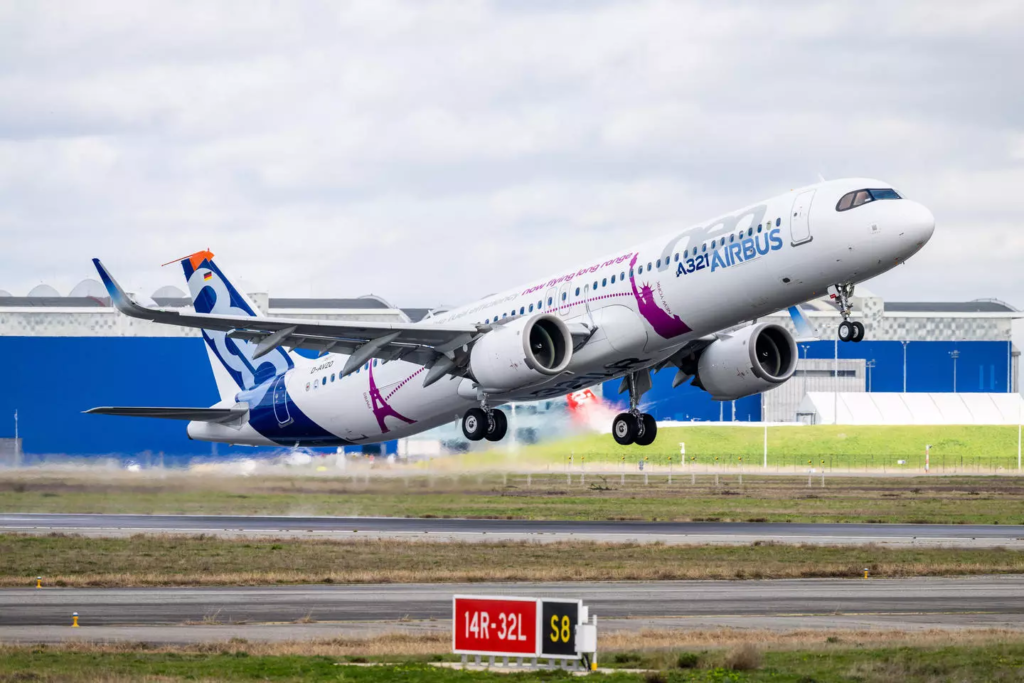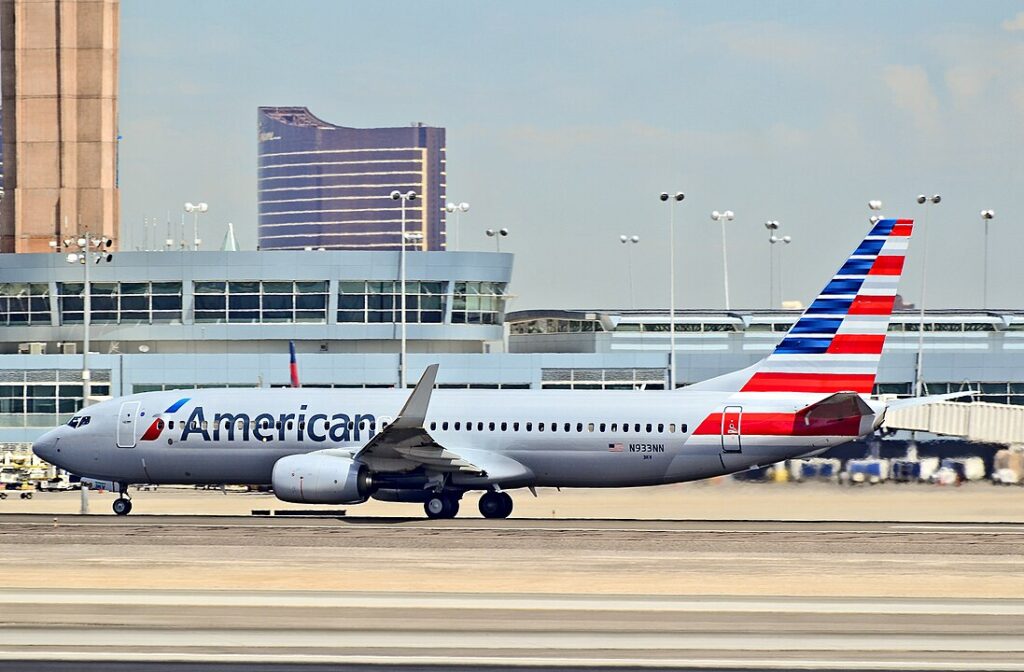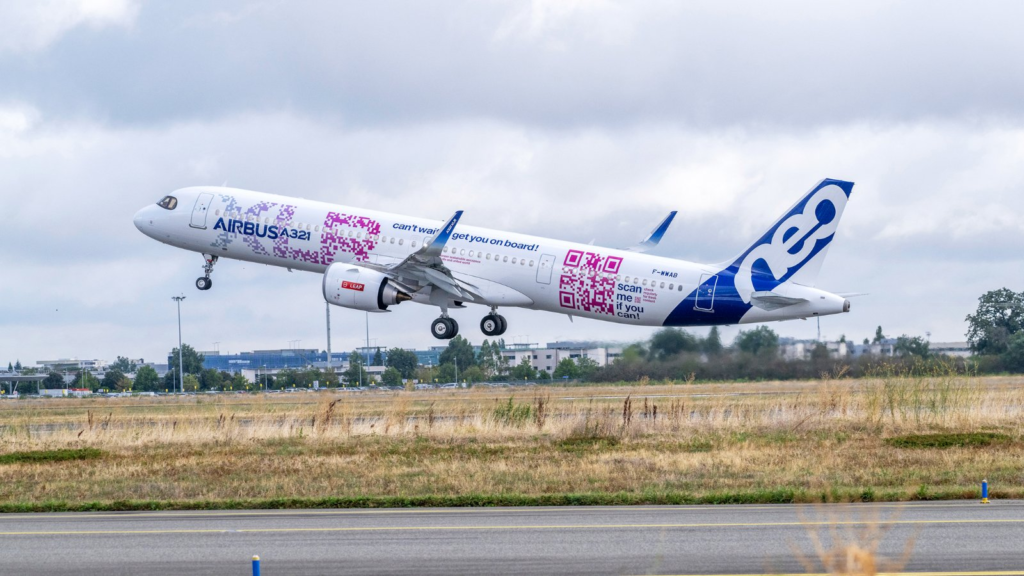UNITED STATES- The American Airlines (AA) team has recently been actively engaged in trial flights for the Airbus A321XLR, for which the airline has placed orders exceeding 50 units. American Airlines anticipates receiving these aircraft in 2024.
This narrowbody airliner is poised to transform transatlantic and global connectivity, playing a pivotal role in American Airlines (AA)‘ strategy to offer nonstop international and transcontinental routes. These routes are unsuitable for larger widebody aircraft, making the A321XLR a crucial component of the airline’s success.

Expedition with Airbus
American Airlines deployed its crew members for recent function and reliability tests with Airbus, enabling the manufacturer to validate the aircraft’s performance for upcoming commercial service.
During the flights between Miami and Madrid, which totaled over 17 hours and spanned 8,000 nautical miles roundtrip, AA staff meticulously assessed the aircraft’s capabilities and conducted research across various aspects of the airline industry.
After American Airlines acquires the aircraft next year, premium passengers can anticipate the introduction of 20 new flagship Suite Seats, 12 premium economy seats, and the existing economy class cabin.

Upcoming Transatlantic Routes
As the aircraft’s capabilities usher in new possibilities for American routes, we can anticipate the emergence of previously unthinkable flight paths. With its ideal transatlantic range, the airline may explore narrowbody routes such as JFK to Naples, Palermo, Vienna, Philadelphia to Lyon, Milan, Hamburg, or even Boston to St. Petersburg, Krakow, or Bucharest.
While some of these routes may have existed in the past, the economics of using widebody aircraft couldn’t support reduced demand. However, the A321XLR’s design makes it well-suited to enable the viability of these lower-demand routes.
Aircraft manufacturers and airlines employ proving flights to assess an aircraft’s capabilities and readiness for commercial service. These flights involve pilots, crew members, civil aviation officials, and other airline personnel.
They are comprehensive tests to evaluate operational proficiency, simulating various scenarios, such as smoke incidents, navigational failures, or medical emergencies.
As American Airlines prepares to receive its inaugural A321XLR next year, the airline is primed to commence operations following successful deployments on the Miami to Madrid route, where its crew gained valuable experience in collaboration with Airbus.
Stay tuned with us. Further, follow us on social media for the latest updates.
Join us on Telegram Group for the Latest Aviation Updates. Subsequently, follow us on Google News.

